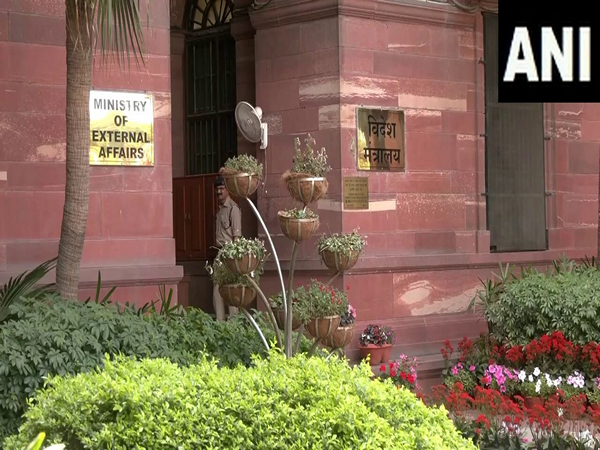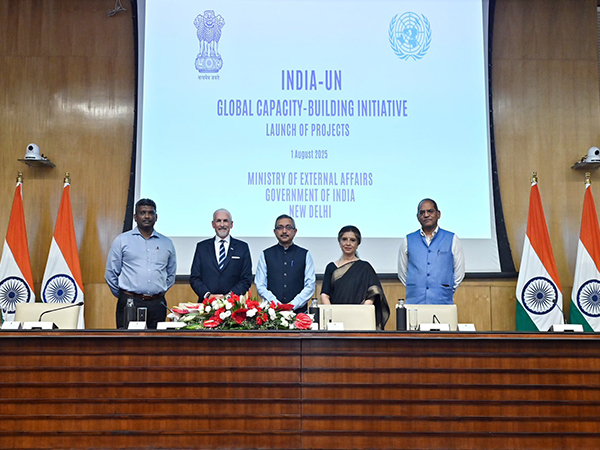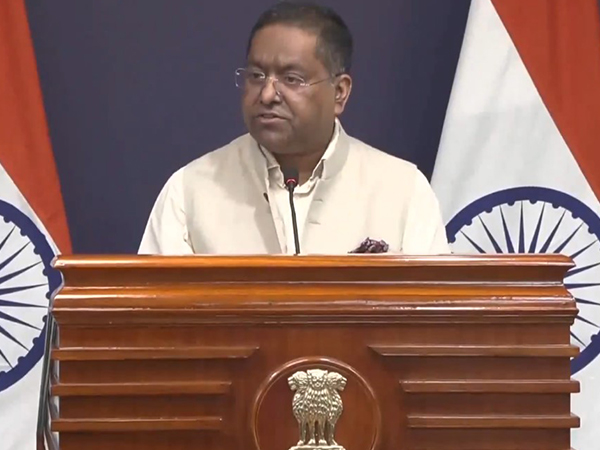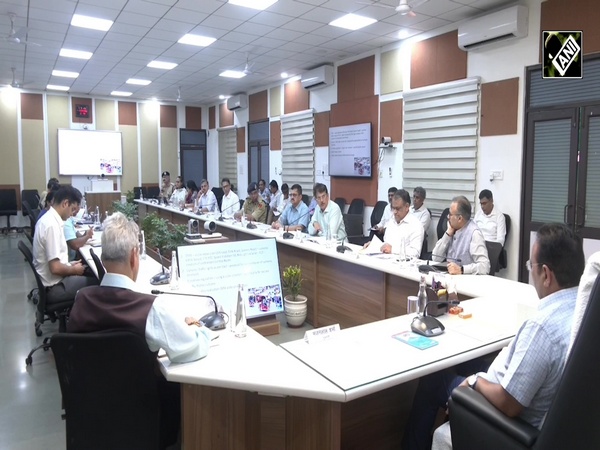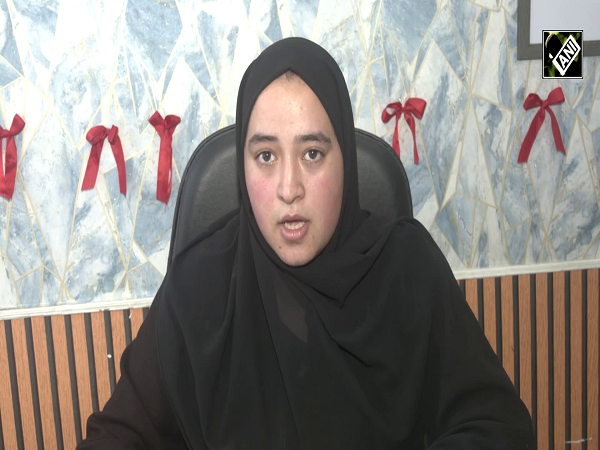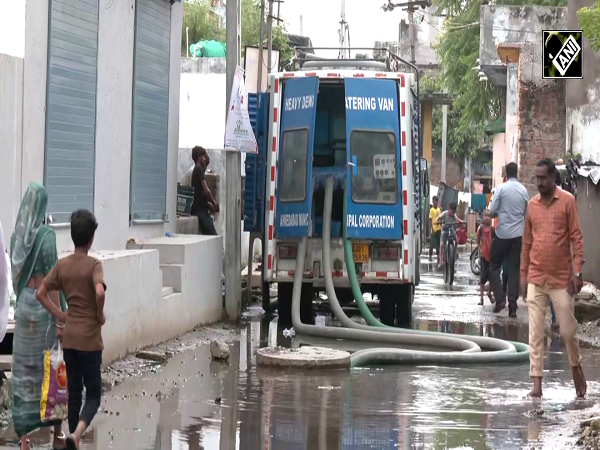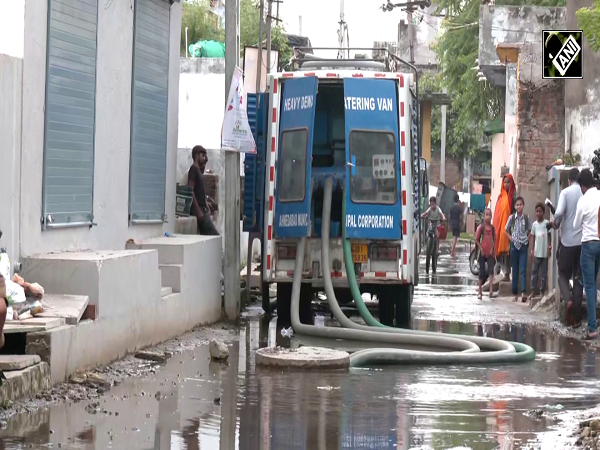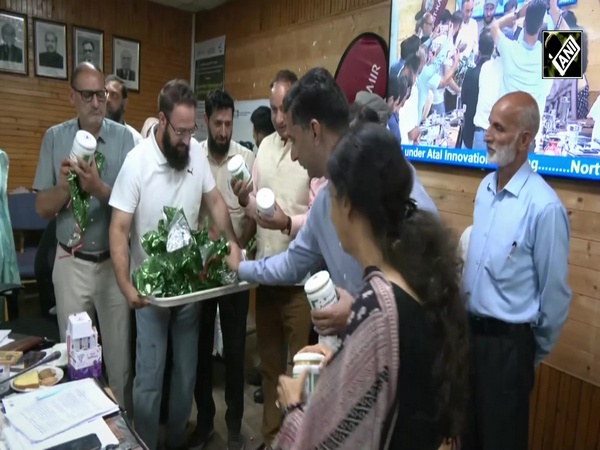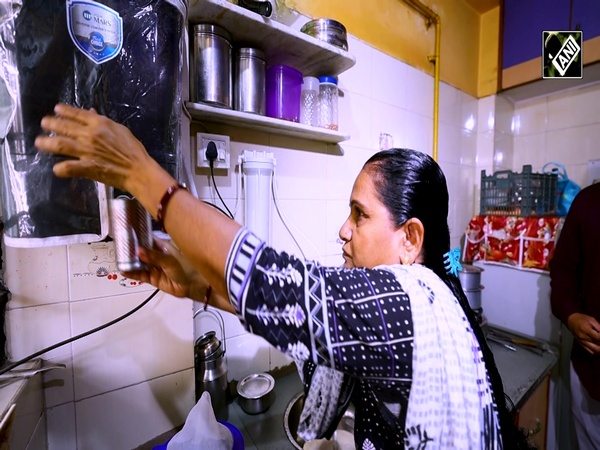
Balochistan grapples with deadly mine accidents and surge in poppy cultivation, sparking alarm among lawmakers
Aug 01, 2025
Balochistan [Pakistan] August 1 : Balochistan is currently facing a series of coal mine accidents, alongside a rise in poppy cultivation, which has sparked concerns among both residents and lawmakers.
The grim reality persists for coal miners from Shangla, as the region endures a third tragic event within just six days. According to a report from The Express Tribune (TBT), five miners have died and three more have been injured in a series of coal mine incidents in Balochistan.
The latest tragedy occurred on Tuesday at the Duki coal mine in Harnai district, where a sudden accumulation of toxic gas led to a deadly explosion, resulting in the immediate death of two miners and injuring three others. The injured individuals are currently receiving treatment at Quetta Civil Hospital, as reported by TBT.
Merely two days earlier, another calamity struck the Orakzai region at the Sar Khuna Jungle Mines, claiming the lives of three Shangla miners due to a similar gas explosion. Additionally, a mine manager from Shangla also lost his life in a separate accident last week.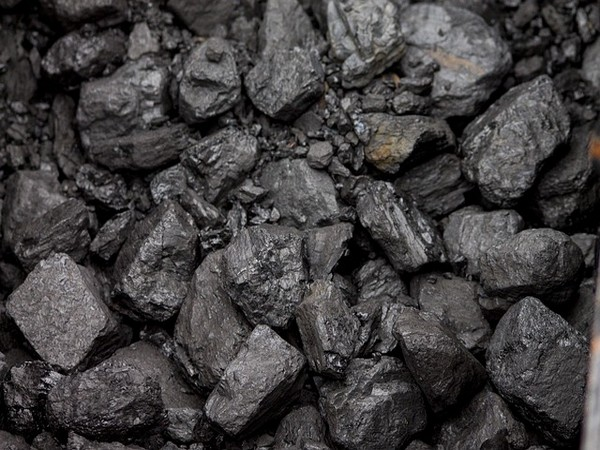
For over fifty years, coal mining has been a perilous endeavour for workers from Shangla. Due to a lack of alternative job opportunities, generations of men from the area have taken the risk of working in dangerous coal mines. These mines have become death traps, yet families continue to gamble their lives for financial survival, according to TBT.
On a different matter, lawmakers from both the ruling and opposition parties in the Balochistan Assembly expressed grave concerns on Thursday about the increasing cultivation of poppy in various regions of the province, warning that this trend could lead to a significant drug crisis if not addressed urgently, as reported by TBT.
On the assembly floor, Member of the Provincial Assembly (MPA) Zabid Reki from Dalbandin highlighted that the shift of poppy cultivation from Afghanistan into Pakistan is a troubling situation. "After the opium ban in Afghanistan, growers are relocating to the Baloch and Pashtun regions of Pakistan. This development is concerning," Reki stated. "The unrestrained spread of this crop is harming our youth and demands immediate intervention," as quoted by the TBT report.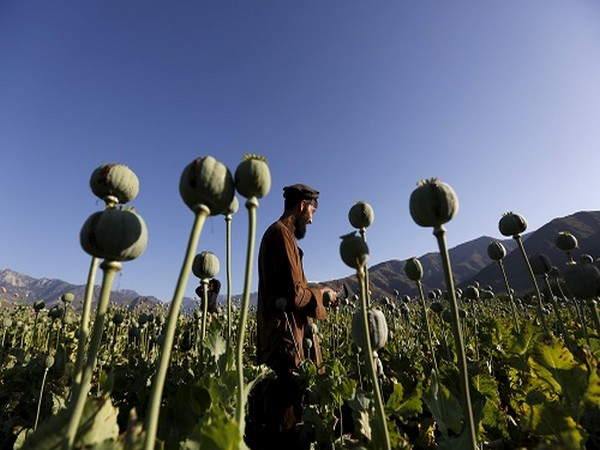
Former Chief Minister and National Party leader Abdul Malik Baloch echoed these concerns, emphasising that the issue transcends mere agriculture. "Poppy cultivation poses more than just an agricultural challenge; it threatens our society," he remarked. "There must be stringent legal actions taken against those who promote and facilitate this industry," as noted in the TBT report.
Moreover, Balochistan has long been a focal point for ongoing human rights issues. The region has undergone repeated cycles of violence linked to separatist movements, a significant military presence, forced disappearances, and economic neglect. These ongoing challenges have drawn the attention of human rights organisations, journalists, and international observers.







